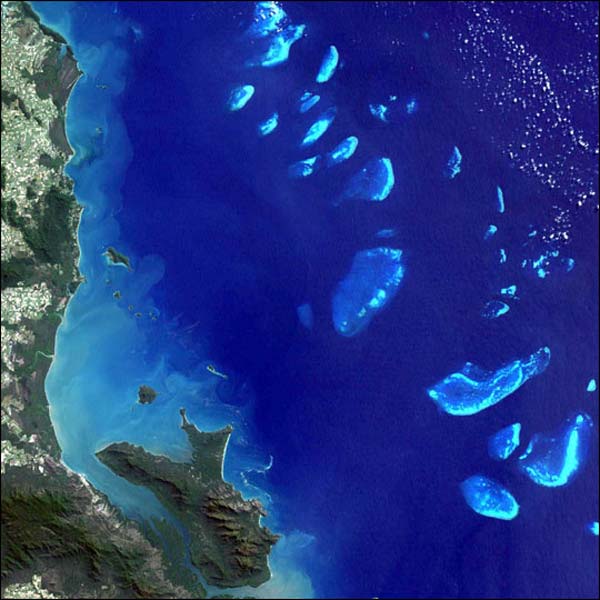
UN Threatens to List Great Barrier Reef as Endangered

Ahead of the meeting of the United Nations Educational, Scientific and Cultural Organization's (UNESCO) World Heritage Committee in Cambodia next month, the UN has warned the governments of Australia and Queensland state that the Great Barrier Reef could be added to the List of World Heritage in Danger, if certain actions and plans aren't put in place by those governments, the Sydney Morning Herald reports.
Government representatives are not happy about the possibility and are working to prevent the listing. "Australia would be the only developed country in the world to have a world heritage site on [the] endangered list. It would be a huge international embarrassment and it would be a big blow to our tourism industry," Queensland Greens Senator Larissa Waters said, as quoted by the Morning Herald.
Federal Environment Minister Tony Burke said the report published by the UN didn't take into account several government initiatives and that Australia was working with the World Heritage Committee to ensure the protection of the reef.
The UNESCO World Heritage List is a group of 962 spots that have particular cultural or natural value. A list of those sites considered to be endangered by armed conflict, natural disasters and development is also kept to draw attention to their plight.
Follow Andrea Thompson @AndreaTOAP, Pinterest and Google+. Follow OurAmazingPlanet @OAPlanet, Facebook and Google+.
Sign up for the Live Science daily newsletter now
Get the world’s most fascinating discoveries delivered straight to your inbox.

Andrea Thompson is an associate editor at Scientific American, where she covers sustainability, energy and the environment. Prior to that, she was a senior writer covering climate science at Climate Central and a reporter and editor at Live Science, where she primarily covered Earth science and the environment. She holds a graduate degree in science health and environmental reporting from New York University, as well as a bachelor of science and and masters of science in atmospheric chemistry from the Georgia Institute of Technology.









